
Exciting new series on “Voice, Body and Movement for Lawyers – How to connect with the jury and find Justice Through Dramatic Technique!”
Click here to find out more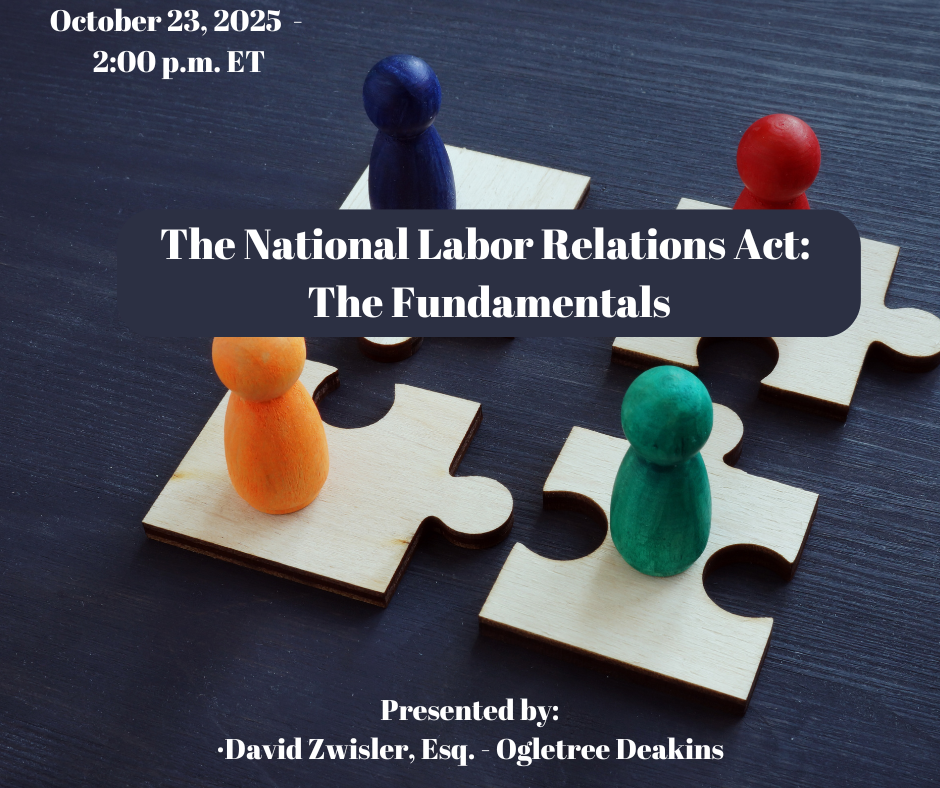
Passed in 1935, the National Labor Relations Act (NLRA) provides rights and protections to almost all of the private sector workforce. The NLRA does not just apply to unionized workforces. Employees without a union are also protected. The interpretation of the law is constantly evolving. Understanding the foundations of the NLRA, the basics of the Act, how the National Labor Relation Board functions, and how unfair labor practice charges and union organizing petitions are processed is essential. Because this is not a static area of the law, being aware of the recent changes is critical. Among other things, the NLRA has significant impacts noncompete agreements, settlement and severance agreements, and handbook policies. The process by which unions are certified is also in flux. Individuals who practice in the area of employment law should be aware of NLRA’s broad reaching scope. This session will provide those fundamentals.
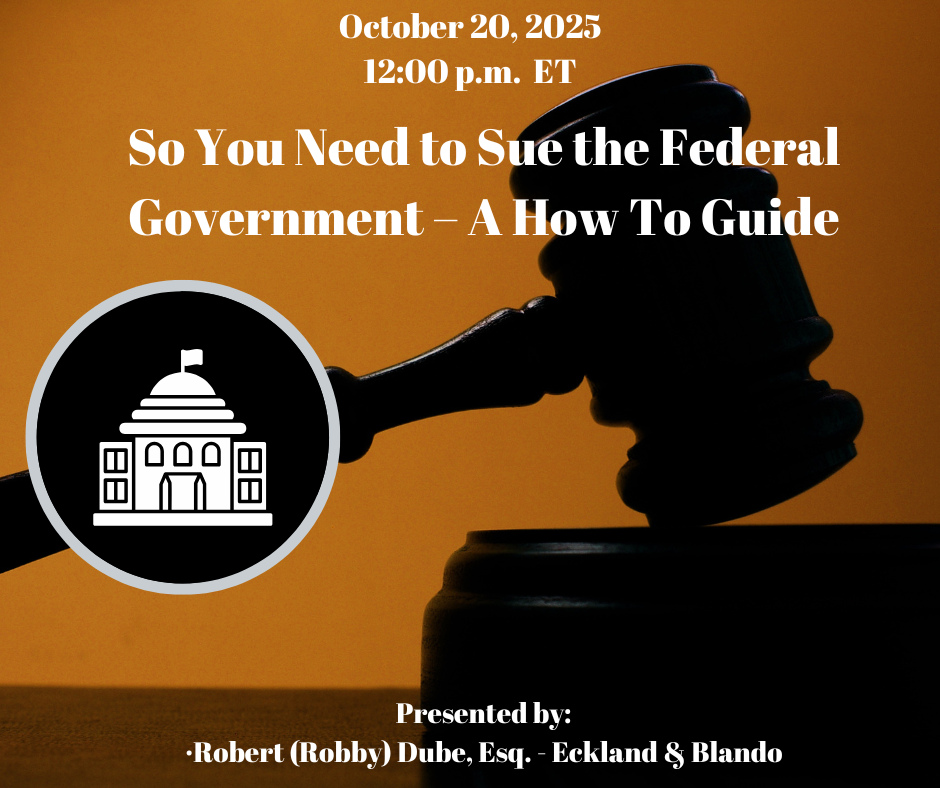
This program will explain the nuts and bolts of pursuing common claims against the federal governmen...

Explore the transformative potential of generative AI in modern litigation. “Generative AI for...
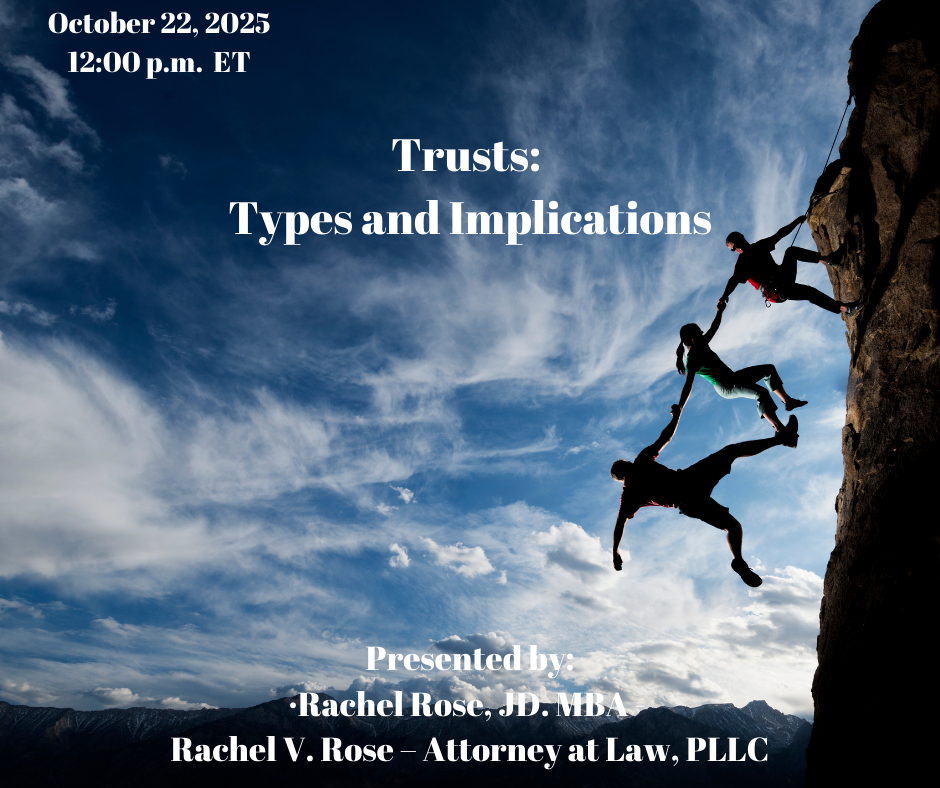
Revocable versus irrevocable, dynasty versus by-pass and special needs versus Medicaid asset protect...
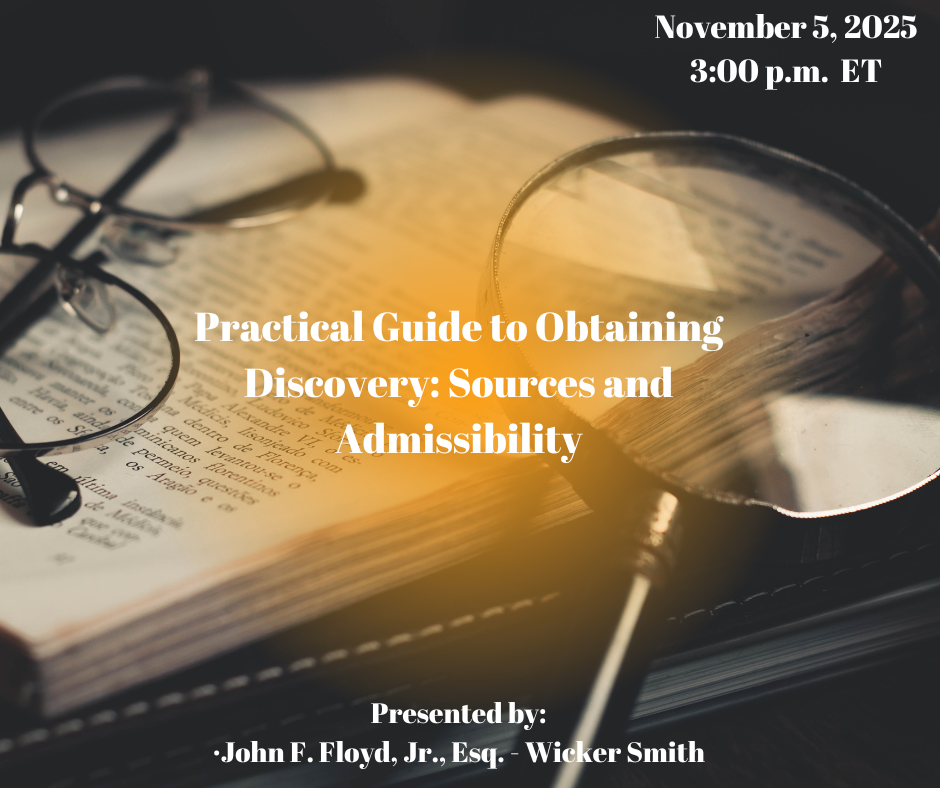
This program will cover the sources from which practitioners can gather documents, witnesses, and ot...
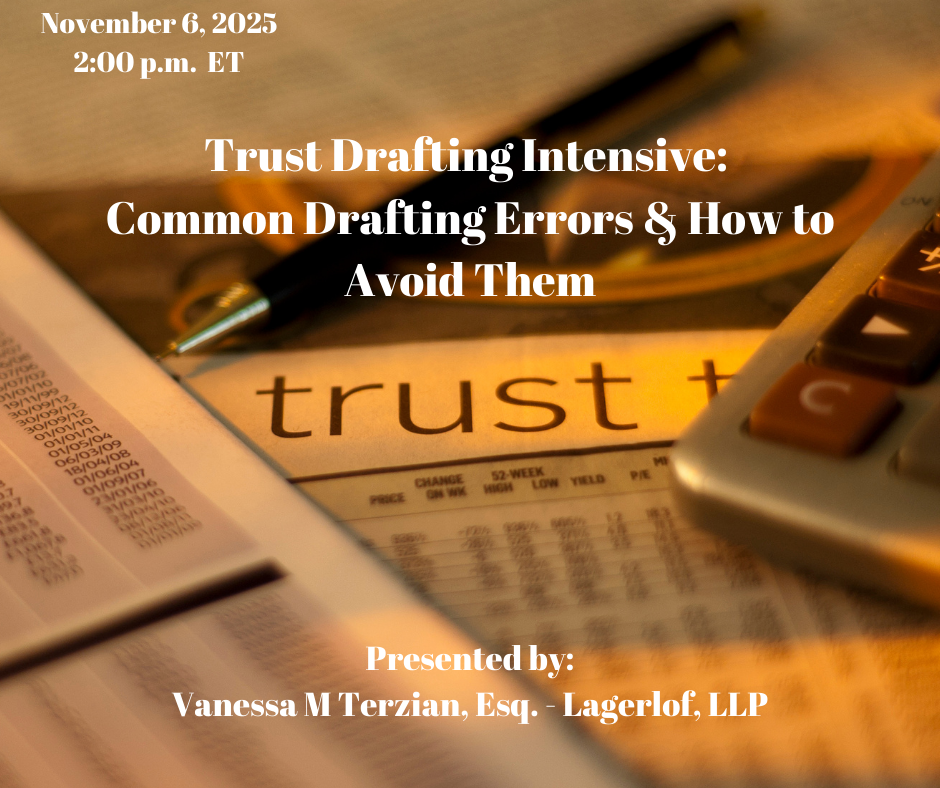
In this presentation, Vanessa Terzian uses examples from actual client documents to demonstrate comm...
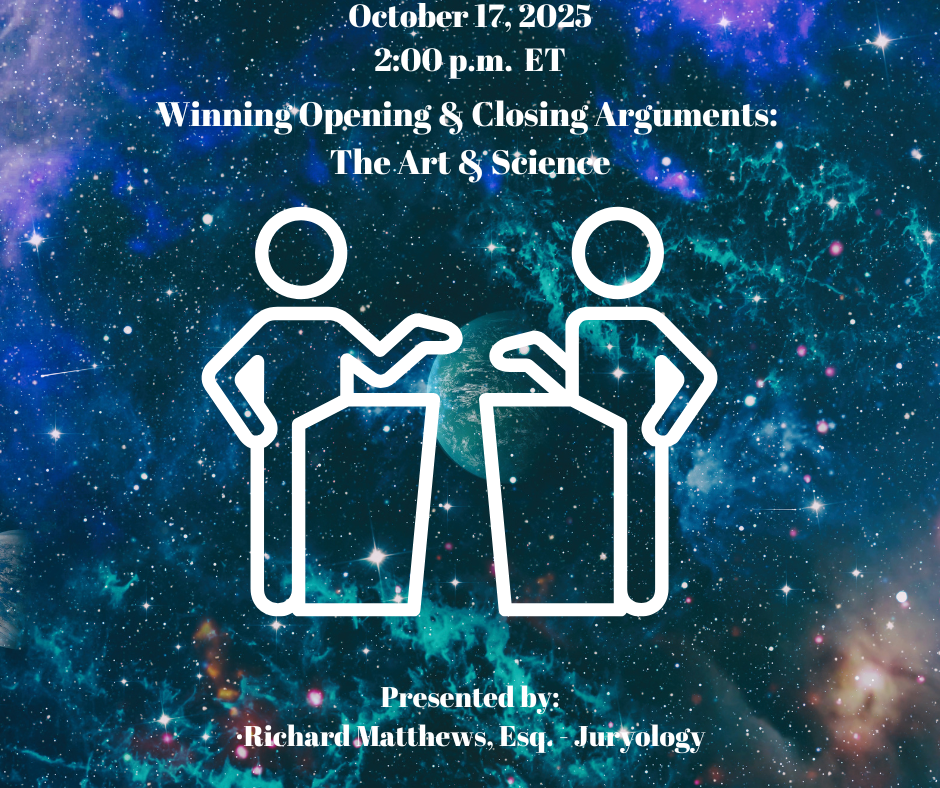
In addition to the fears about Opening Statements and Closing Arguments that lawyers know about &nda...

Our panelists will review your deposition strategy in personal injury cases from primarily the plain...
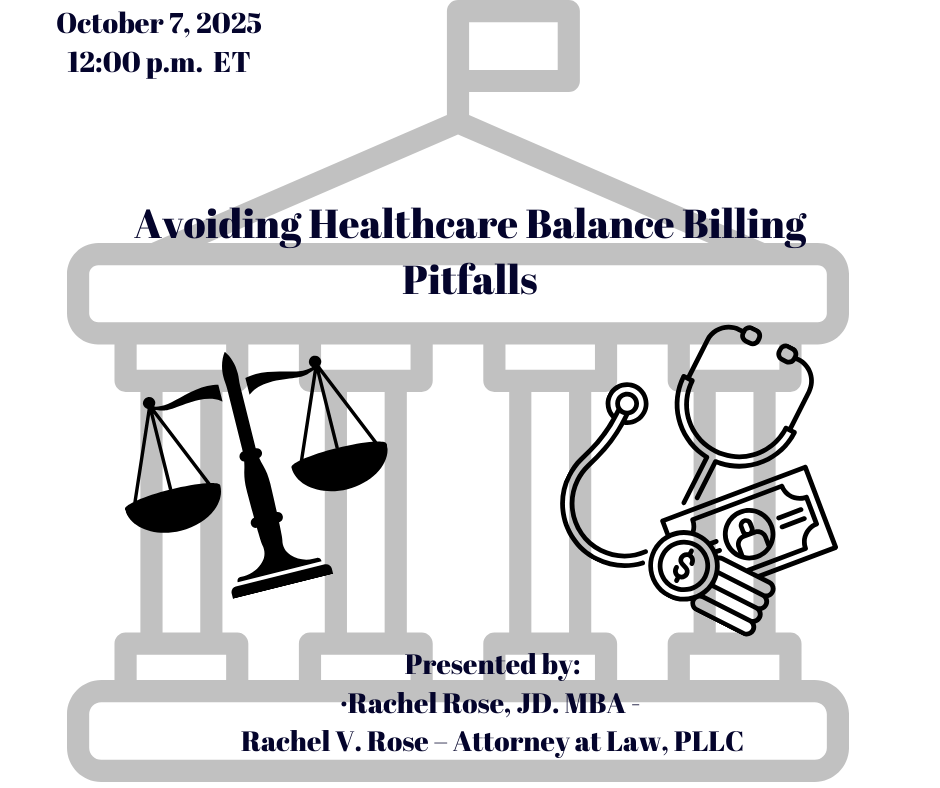
Balance billing in healthcare, especially in relation to Government Programs poses a significant ris...
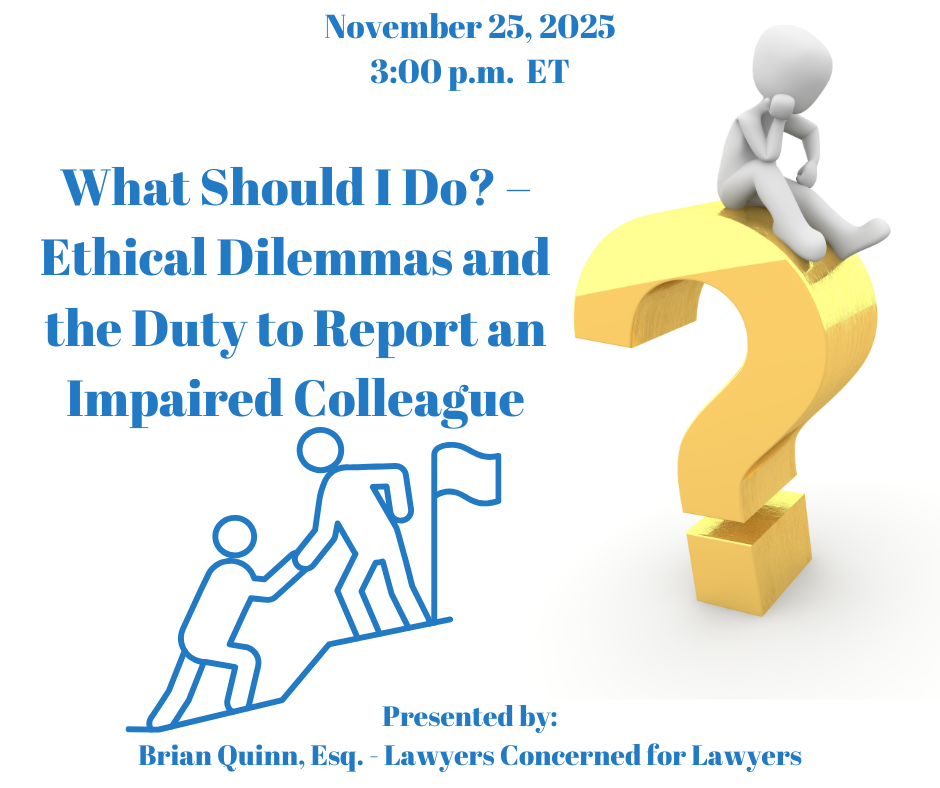
"I think he drinks too much - but he's my boss!" “She's the firm's rainmaker, but something i...
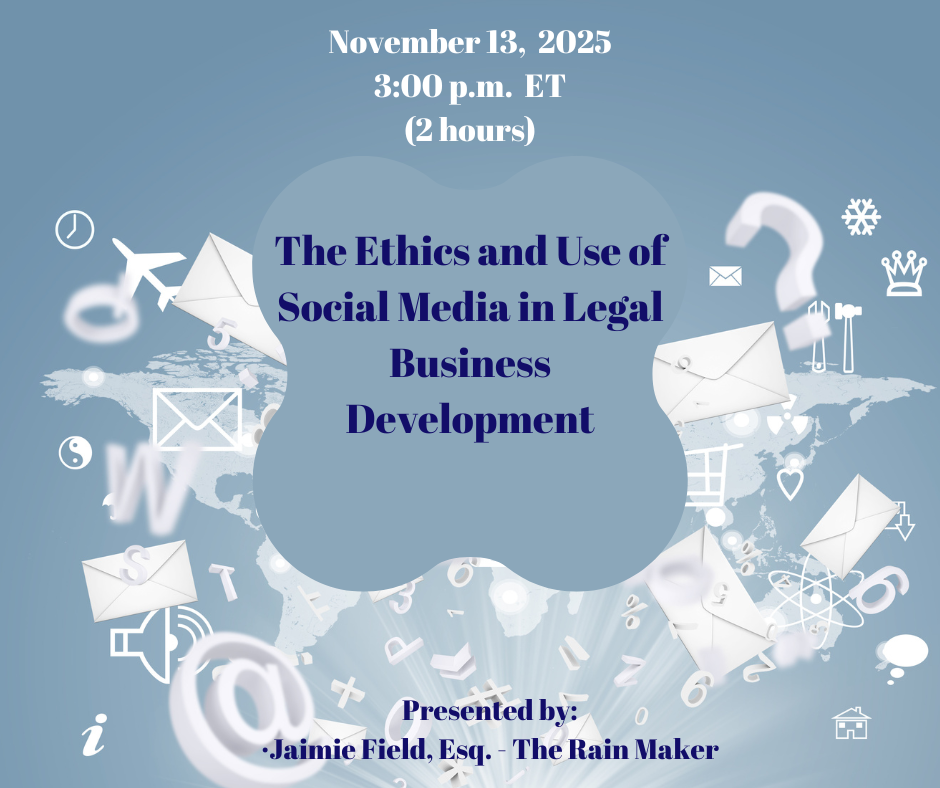
Social media is no longer optional for lawyers who want to build and sustain a thriving practice&mda...